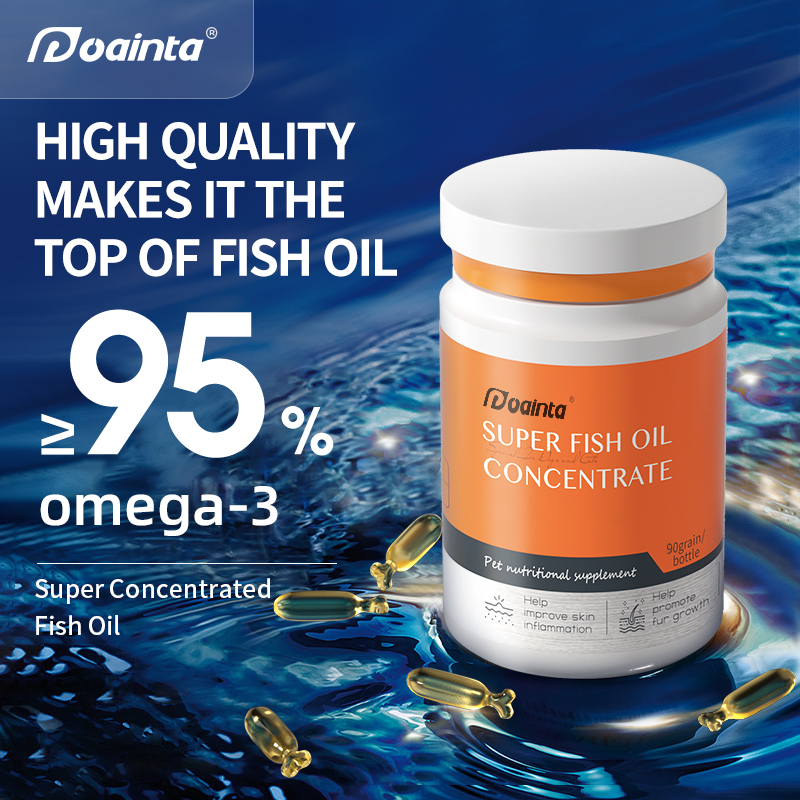|
|
Kitten Food |
Adult Cat Food |
| Calories | Higher | Lower |
| Protein | Higher, typically 30-40% | Lower, around 26-40% |
| Fat | Higher | Lower |
| Vitamins and Minerals | Higher levels of certain vitamins and minerals like calcium and phosphorus for growth | Balanced for maintenance |
| Amino Acids | Extra amino acids for tissue development | Standard levels for maintenance |
| Feeding Frequency | More frequent meals, 3-4 times a day | 1-2 times a day |
| Transition Age | Start transitioning to adult food at 10-12 months | N/A |
| Growth Support | Supports rapid growth and development | Maintains adult health |
| Dental Health | Soft kibble may be easier on kitten teeth | Adult cats can handle harder kibble |
Kitten Feeding: The Risks of Adult Cat Food
Mar 13,2025 | puaintapets
When bringing home a new kitten, one of the first questions pet owners ask is: Can I feed my kitten adult cat food? While it might seem like an easy and convenient option, adult cat food may not provide the right balance of nutrients for a growing kitten.
Kittens require specialized diets rich in protein, fats, vitamins, and minerals to support their rapid growth and development. In this article, we’ll explore the differences between kitten and adult cat food, the risks of feeding adult cat food too early, and the best diet recommendations for your kitten.

nderstanding Kitten Nutritional Needs
Growth & Development Stages
Kittens experience rapid growth, especially in the first few months. Their bodies require:
✔ High protein for muscle development
✔ Healthy fats for brain and nerve function
✔ Essential vitamins & minerals for bone growth and immune health
A kitten’s diet needs to support this intense growth period, unlike adult cats, who require maintenance diets with fewer calories.
Key Nutrients Kittens Require
The following nutrients are essential for a kitten’s proper growth and health:
- Protein (at least 30-40% of diet)
- Fat (for energy and brain development)
- DHA & Omega-3 (for cognitive function)
- Calcium & Phosphorus (for strong bones)
- Taurine (for heart and eye health)
Differences Between Kitten and Adult Cat Food
Risks of Feeding Kittens Adult Cat Food
Feeding kittens adult cat food can pose several risks:
I. Nutritional Deficiencies
A. Protein Insufficiency
- Kittens need a high - protein diet for proper growth. Adult cat food generally has a lower protein content. If a kitten is fed adult cat food, it may not get enough protein for muscle development. For example, during the first few months, kittens are rapidly building muscle mass, and a lack of sufficient protein can lead to stunted growth.
- Inadequate protein can also affect the development of the kitten's immune system, making it more vulnerable to diseases.
B. Fat Deficit
- Kittens require more fat in their diet for energy compared to adult cats. Adult cat food often has a lower fat percentage. This can result in the kitten not having enough energy for its active lifestyle.
- A lack of proper fat intake can also impact the development of the kitten's nervous system.

C. Vitamin and Mineral Imbalance
- Kittens need higher levels of certain vitamins and minerals like calcium and phosphorus for bone and teeth development. Adult cat food is formulated with lower levels of these nutrients for adult maintenance. Feeding adult cat food to a kitten can lead to weak bones and teeth problems.
- For instance, a calcium deficiency in kittens can cause skeletal deformities.
II. Digestive Problems
A. Difficulty in Digestion
- Kittens have a more delicate digestive system than adult cats. Adult cat food may be too rich or difficult for them to digest. This can lead to symptoms such as vomiting, diarrhea, and constipation.
- The kibble size in adult cat food may also be too large for kittens, causing choking or difficulty in chewing.
B. Gastrointestinal Upset
- The different composition of adult cat food can disrupt the normal gut flora in kittens. This can lead to an imbalance in the digestive tract, which may further result in reduced nutrient absorption and overall poor health.
III. Long - Term Health Implications
A. Growth and Development Issues
- Feeding adult cat food to kittens can lead to improper growth and development. This includes not only physical aspects like body size and muscle mass but also cognitive and behavioral development.
- Kittens may not reach their full potential in terms of intelligence and learning abilities if they do not receive the appropriate nutrition during their growth phase.
B. Weakened Immune System
- As mentioned before, the lack of proper nutrients from adult cat food can weaken the kitten's immune system. This makes the kitten more susceptible to infections, parasites, and other diseases throughout its life.








